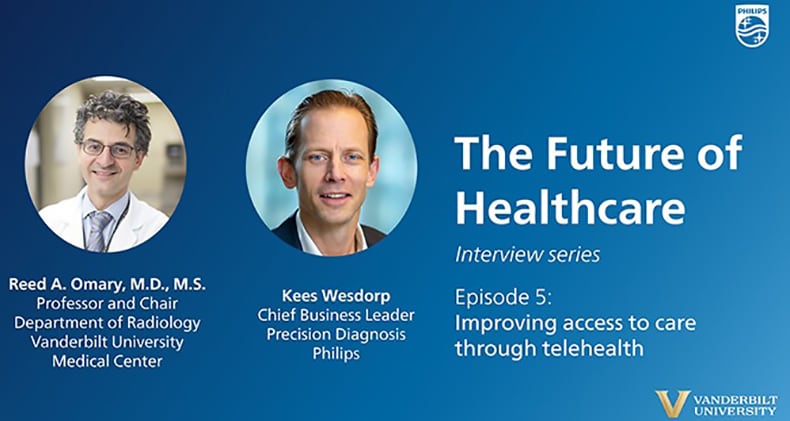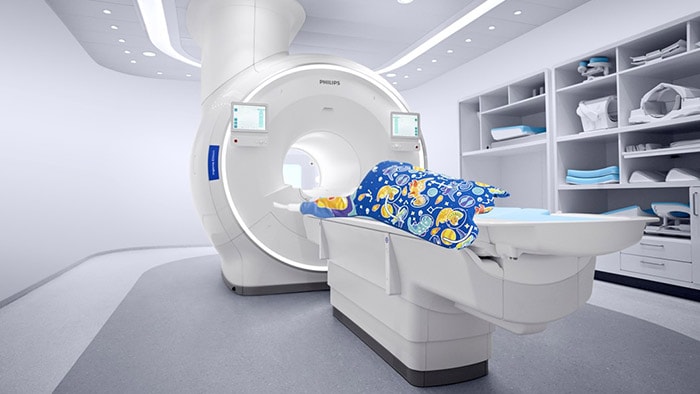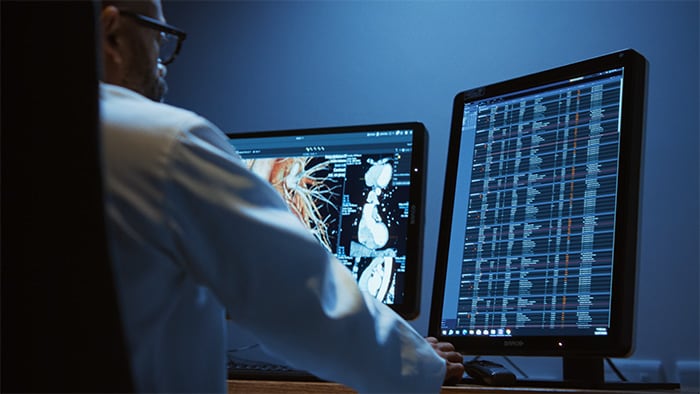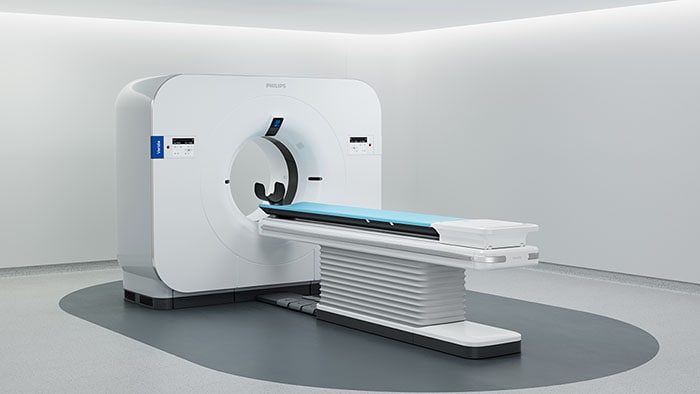Data-driven healthcare: a conversation with Kees Wesdorp and Dr. Reed Omary
Sep 22, 2022 | 2 minute read
The success of digital channels in maintaining contact with patients and enabling clinicians to collaborate during the pandemic, together with the importance of data in optimizing resource allocation, plays a crucial role in delivering healthcare.
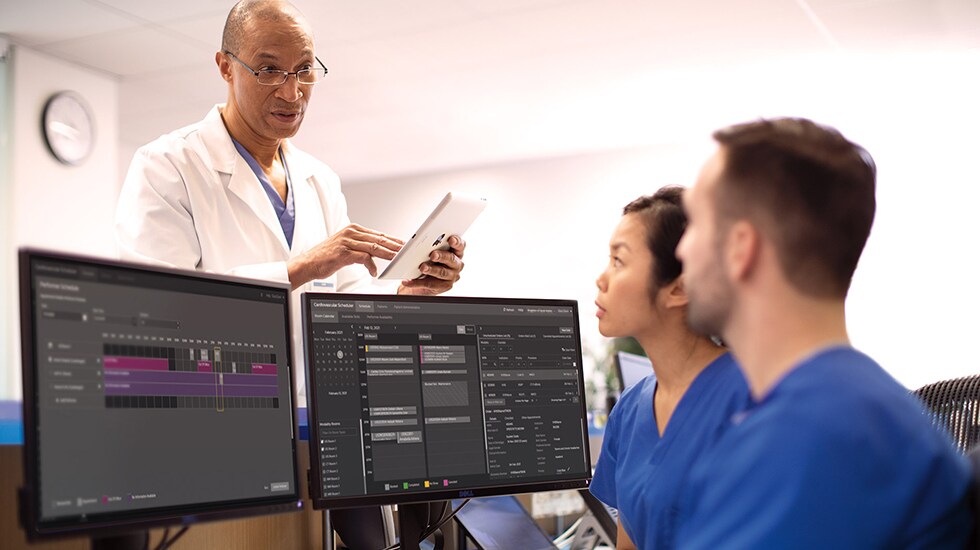
Data is helping to drive smarter clinical decisions and encourage greater operational efficiency, with predictive analytics playing an increasingly key role in advancing care. Unlocking the power of big data and predictive analytics has presented some of the most significant opportunities for healthcare leaders to improve the quality, cost and speed of care as they navigate new realities in medical management.
The effective use of data has become a key component for healthcare leaders as they look to tackle the organizational crises within their facilities, helping to extend and improve care. Healthcare leaders are confident that the wealth of critical, high-quality data they have at their fingertips can unlock enormous potential.
This was reflected in the Future Health Index 2022 report, where many healthcare leaders have already embarked on this journey, with 56% reporting they have already adopted, or are in the process of adopting, predictive analytics in some form, in their hospital or healthcare facility. The report highlights growing trust in AI and predictive analytics, with nearly two-thirds (65%) of healthcare informatics leaders surveyed [1] believing the value data brings in areas such as digital health records, patient monitoring and medical devices makes the time and resource investments required worthwhile.
Data security and privacy remain critical factors for healthcare leaders as they seek to foster trust in predictive analytics among staff and patients. While confident in the value of data, healthcare leaders remain frustrated by ongoing barriers to effective data usage, including siloed data (51%) and infrastructure limitations (23%).
With cyberattacks increasingly targeting the healthcare sector, one in five (21%) cite concerns about data privacy and security as a top barrier to using data to its full potential. They also say greater data security and privacy systems and protocols are the top way to strengthen their trust in predictive analytics in both clinical (38%) and operational (35%) settings. Additionally, only 19% of healthcare leaders have all the internal expertise they need to fully use the data they have available, while 24% cite the availability of data specialists as a top factor in helping to better utilize data. So how do we balance the promise of data-driven healthcare with its cybersecurity risks? Listen to the final two conversations between Kees Wesdorp, Chief Business Leader, Philips Precision Diagnosis and Dr. Reed Omary, Chair of Radiology at Vanderbilt University Medical Center as they dissect the challenges and benefits of data-driven healthcare:
Thank you for following along as Kees and Dr. Omary discussed the evolving healthcare industry and the role innovation, data, industry, and healthcare professionals play in driving carbon reduction; and the importance of industry and healthcare systems working as partners to better serve patients and protect the environment. Listen to their previous conversations here and here.


